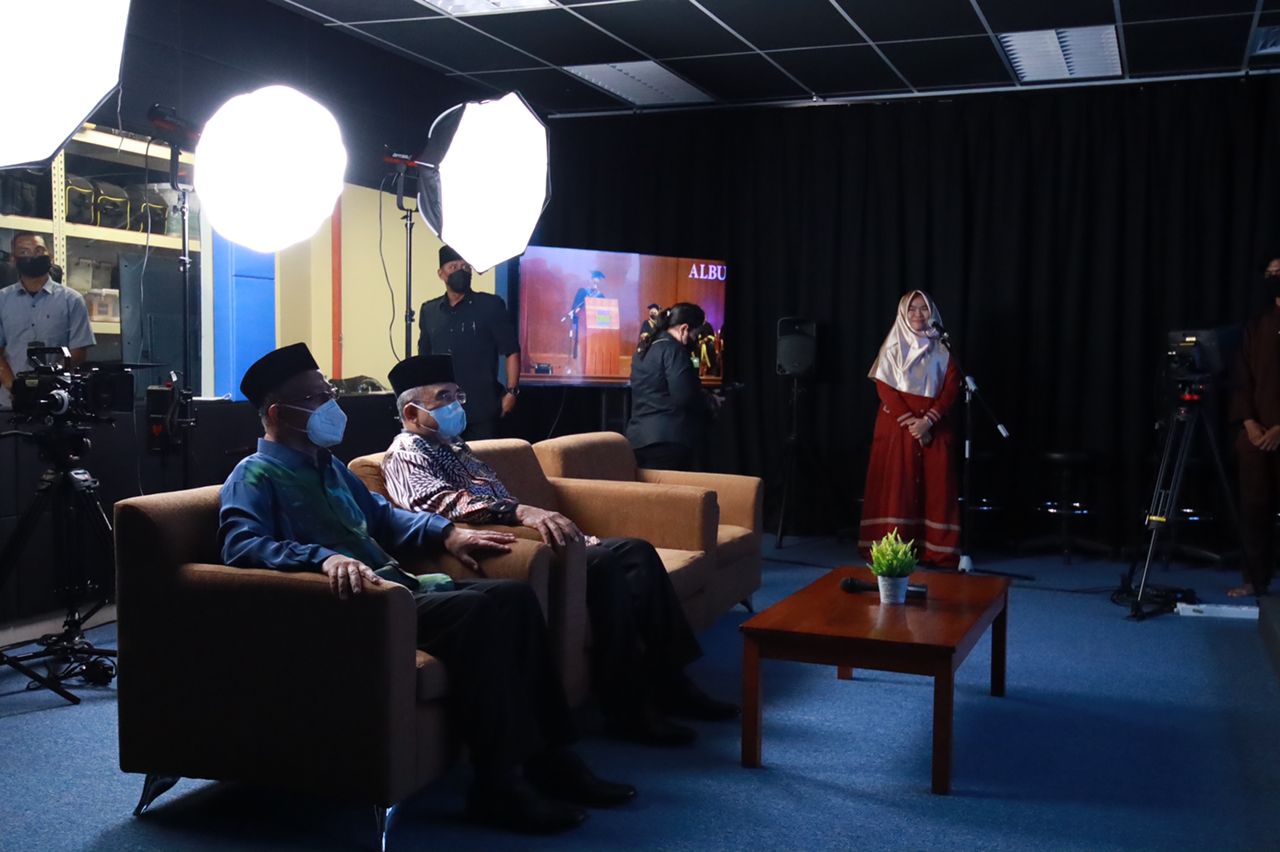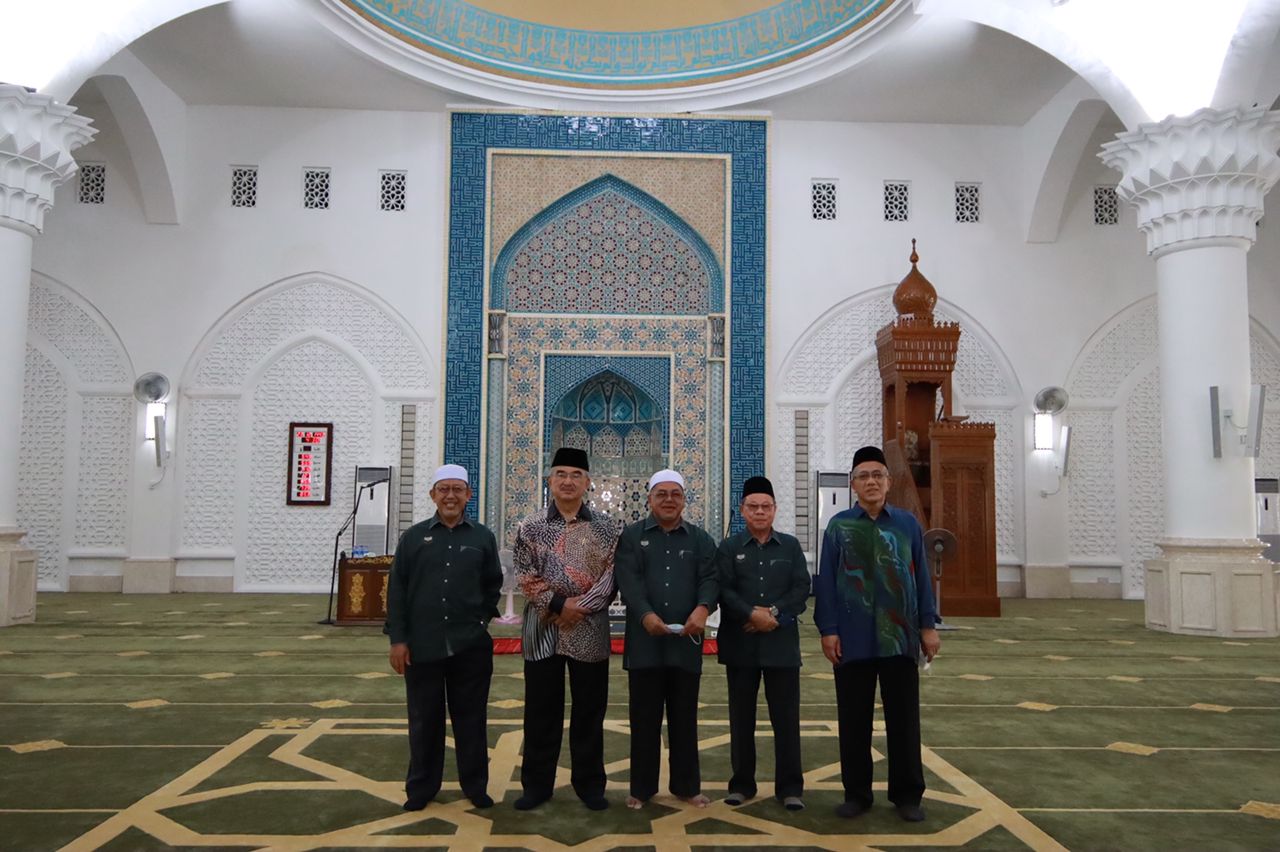WASTE IS NOT A WASTE UNTIL YOU WASTE IT
PLASTIGO.000
WASTE IS NOT A WASTE UNTIL YOU WASTE IT
1.0 CASE STUDY BACKGROUND
Ahmed Taha Ramadan Elmekawy, Tauseef Ahmad, Antaru Yahaya, Amir Nurhussen, Abrar
and Sarimawar are among the final year students of AIU under the Bachelor of Business
Administration programme in the School of Business and Social Sciences (SBSS). They are
originally from Egypt, India, Ghana, Ethiopia and Indonesia respectively. There have been
good friends since their first year at AIU. During their final year of study, they decided to be
together in a group to conduct their Social Business Project.
They have been noted that there is very little awareness on the importance of recycling
among the locals. While spending time at the nearby food court, they have witnessed the
vast amount of plastic bags used among food vendors and consumers in that area. All the
plastic bags will then end up in the dustbin or landfill. This everyday scenario has created the
awareness among the five of them to do something about it, and they decided to make this
plastic issue as their Social Business Project under the Zero Net Carbon Emissions Cluster.
As of today, the global plastic waste pollution problem is growing at an unprecedented rate.
Plastic waste is one of the world’s most pressing human health and environmental concerns.
It is also very concerning to know that many plastic wastes are never recycled. Millions of
tonnes of discarded plastic waste can physically harm wildlife, either because plastic waste
is potentially toxic or because it can absorb other pollutants. Mismanagement of plastic
waste has resulted in a significant amount of marine plastic debris, such as straws, food
wrappers, single-use bags and many more that have fuelled global carbon dioxide (CO2)
pollution.
Malaysia, like the majority of developing countries in Southeast Asia, has insufficient waste
management systems to deal with the amount of plastic waste produced. The country’s
primary methods of dealing with plastic waste are landfill disposal and domestic burning
(Chen, H.L, 2021). Malaysian household waste generation varies by region and economic
status, ranging from 0.85 kg to 1.5 kg per person daily (Chen, H.L, 2021). In addition,
according to Chen H.L 2021 also, Malaysia generates more household waste than other
developing countries such as Indonesia and the Philippines, with 0.22 kg and 0.4 kg generated
per person each day, respectively.
The Plastigo.000 Team
From the left: Tauseef Ahmad, Ahmed Taha Ramadan Elmekawy, Sarimawar, Amir
Nurhussen Abrar and Antaru Yahaya.
2.0 UNDERSTANDING THE SOCIAL ISSUE
Plastics are lightweight, long-lasting materials that are easily manufactured into items for
various uses. Plastics have become a common material in today’s economy, supporting key
sectors such as engineering and manufacturing. Unfortunately, the vast majority of plastics
manufactured each year are utilized to manufacture throwaway packaging or other short-
term items. Moreover, due to the polymers’ wear resistance large volumes of plastic waste
gather in landfills and natural environments worldwide, including Malaysia. These plastics
have diverse chemical components. They are very durable and less susceptible to
degradation. Polymer degradation takes a long time due to the salty environment and the
cooling influence of the water.
In some locations, the human population also plays a significant influence. Plastic is
commonly found in confined spaces such as city nooks and crannies, where it pollutes the
environment. Moreover, plastic pollution has many negative consequences on our
ecosystem, including groundwater pollution, food chain disruption, animal extinction, land
pollution, toxic ability, and air pollution.
During extreme weather, plastic trash is swept into rivers and oceans. When rivers and
oceans become polluted with plastic, fish and other sea life suffer. Thousands of animals are
harmed or killed yearly due to being entangled in plastic bags and wrapping and choking
while attempting to consume them. Toxins accumulate in the bodies of fish that consume
small plastic particles, which animals or humans eventually consume. The less plastic thrown
into rivers and oceans or dumped in landfills, the less fish and other sea animals will suffer,
and less plastic consumed will be passed on to us.
Furthermore, 7.4 cubic yards of landfill space is saved for every tonne of plastic recycled
(Sigler, 2014). Making sure we recycle as much plastic as possible would help to extend the
life of our landfills and put a stop to many people’s practise of burning plastics to save space,
as this emits hazardous irritants and pollutants into the sky. Recycling plastic minimizes the
amount of non-renewable energy needed in the plastic-making process since it takes
significantly less energy to create new goods from existing plastic than it does to create
plastics from raw materials.
The unrecycled plastic used issue can be explained through the Iceberg Model method by
Goodman, 2002. The details are as follow:
Level 1 – Events
What can you see?
High usage of plastic bags among Malaysians, and they are not recycled.
Level 2 – Patterns of Behaviour
What is happening over time?
Most of the plastic bags end up in landfills and domestic burning.
Level 3 – Structure of the System
What has influenced and connected the pattern?
The poor waste management in the communities and the continuous usage of plastic
and the communities.
Level 4 – Mental Models
What attributes, beliefs, morals, expectations, or values do people hold about the
system?
Plastics are like any other waste, and they need to be dumped.
Lack of understanding of the threat of plastic waste to the environment.
3.0 SOCIAL SOLUTIONS OFFERED
Having understood with the issue revolving the unrecycled plastic bag and the urge to provide
solution well, Ahmed Taha Ramadan Elmekawy, Tauseef Ahmad, Antara Yahaya, Amir
Nurhussen, Abrar and Sarimawar has set up their social business named Plastigo.000. The
Plastigo.000 is an integrated plastic recycling business that produces useable products from
recycled plastic bags. The business applies the “Environmental Sustainability” social business
model.
The business aims to solve the unrecycled plastic bag issue related to the “zero net carbon
emission” issue. At the same time, by doing this business, the group is also able to solve the
unemployment and poverty issues among the group members. Through this business, the
group has created jobs and provided income for themselves. It is explained at the back of the
company name “000”, which means the business is solving the three zero issues (zero net
carbon emission, zero poverty and zero unemployment).
There are four stages involved in the making of useable products from the used plastic bag,
are explained below:
(i) Collect the plastic bags: The group collected the used plastic bag from the AIU
students and the food sellers nearby the university. There are more than 50 food
sellers around the campus.
(ii) Clean and segregate the plastic bags: In the second stage, they will clean all the
used plastic bags collected. Then, they will separate the plastic bags according to
colours and sizes.
(iii) Transform the plastic waste into products: In the third stage, they will transform
the used plastic bags into a few designs of useable products, such as handbags,
bottle holders, coasters and small containers.
(iv) Market and sell the products: The useable products produced from these recycled
plastic bags will then market and sell.
4.0 THE IMPACT CREATED
The business that started in March 2022 has created several impacts through its intervention
in tackling the issues. The details of the positive impact created are as below:
4.1 Collected 22kg of Used Plastic Bags:
In 3 months of operation, Plastigo.000 collected around 22kg of used plastic bags.
4.2 Created 5 Designs and 112 Quantity of Production:
The used plastic bags collected have been transformed into five useable product
designs: a handbag, container, bottle holder, coaster and shopping bag. The group
also accept special design requests from the customers. Customers can propose their
designs and pick their preferred colour and size. In total, the group produced around
112 quantities in 3 months of operation.
4.3 Collected RM826 Total Profit.
Plastigo.000 allocated RM300 for business capital. The capital is used to buy a mini
sewing machine, glue gun and some tools. They have collected more than RM1,000
sales and in total made a profit of RM826. The marketing and selling activities only
began in the second month of operation; the profit was earned within two months
(April – June 2022).
4.4 Recycling and Social Business Awareness Through Social Media.
Awareness of recycling in society is very crucial. Thus, Plastigo.000 has set up its social
media platforms such as Facebook, Instagram and TikTok as the platform to educate
the community on recycling and as their marketing channel.
The Products
5.0 CONCLUSION
Plastigo.000 is an example of how a sustainable solution to certain social issues can be solved
by doing a business as a social business. The group is optimistic that the useable products
from the plastic waste business can reach more customers soon based on the positive
feedback they received. Plastigo.000 also has become an example to university students who
can create jobs while studying. At Albukhary International University, for example, another
group of junior students have joined Plastigo.000 in the business and continue making an
impact in achieving the 3 Zeros mission.
References:
Chen,H.L.,Nath, T.K.,Chong,S et al. The plastic waste problem in Malaysia: management,
recycling and disposal of local and global plastic waste. SN Appl. Sci. 3, 437 (2021).
https://doi.org/10.1007/s42452-021-04234-y
Sigler, M. (2014). The effects of plastic pollution on aquatic wildlife: current situations and
future solutions. Water, Air, & Soil Pollution, 225(11), p.1-9.


